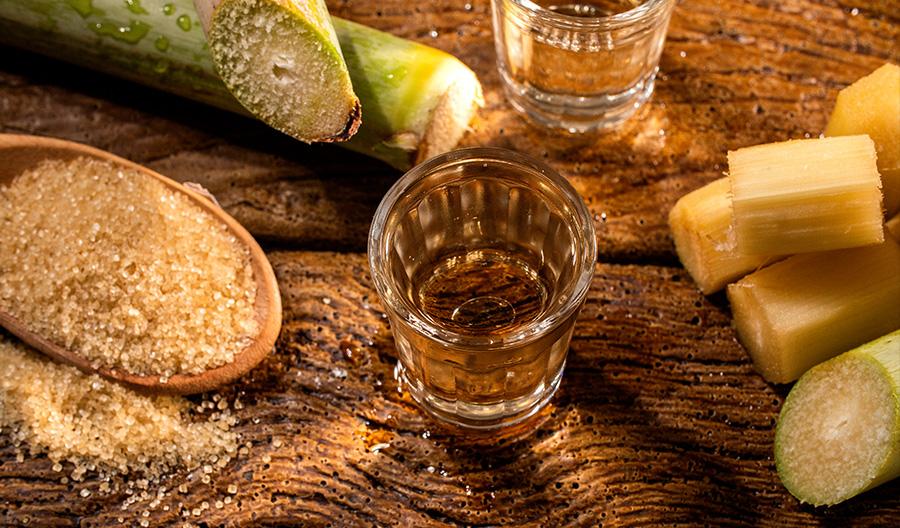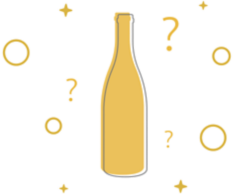Many people still view rum through the lens of the dark, rich, and sweet offerings of decades past. But clairin, a traditional rum made in Haiti, showcases the spirit in its most essential, and some say finest form. And it’s finally leaping the United States.
A regional spirit unregulated in its home country, clairin occupies a distinct, terroir-driven space in the rum spectrum. It even stands apart from better-known sugarcane distillates like rhum agricole or Brazilian cachaça.
Rum’s place in Caribbean culture is well known, but little is said about Haitian bottlings, despite the country housing more than 500 local distilleries—arguably more than any other country in the region. This booming DIY distilling scene makes Haiti home to some of the most diverse rum production in the world.
These hundreds of distilleries are called guildive in Haiti’s native Creole. It’s a French adaptation of “kill-devil,” an early colonial slang for rum. Guildives are small, rustic and run without electricity producing enough rum to serve their immediate village and not much more.
To make clairin, sugarcane is hand-harvested and carted, often by animals, to the press. The resulting juice is moved to tanks where it ferments spontaneously, though some distillers are known to add baker’s yeast to help jump-start the process.
While there is no certification, clairin is largely organic simply because there is no industrialized farming or pesticides used in these remote villages. Low-yield varieties of sugarcane like crystalline and Madame Meuze, long ignored by industrial producers, are still planted and favored by local distillers for their concentrated flavor.
Natural inoculation of wild yeast from the plant requires longer fermentation than laboratory strains. This extra time allows the mash to develop complex flavors that guarantee no two batches of clairin taste the same, much like how wine differs from vintage to vintage.
Unlike many spirits, the fermented juice is distilled just once, retaining flavors that would be lost with further refinement. And in contrast to many others rums, finished clairin is not aged before being sold.


It’s worth noting that in the world of unlicensed distillers, the outlook isn’t all is rosy. Unlike commercial bottlings sold by regulated producers, raw material varies between clairin distillers, as does the quality of the spirit in kind. Bad clairin can simply lack character, though in extreme scenarios, if poorly made, could contain poisonous levels of methanol.
For prospective distributors looking to make the leap, this means they must evaluate both for taste, as well as analyzing the composition to make sure product is safe for consumption. It's an opportunity for all consumers to taste the heritage of the history of rum, completely natural and with new, unexpected flavors.
Some distributors hope to bring clairin’s unique diversity to prominence, evidenced by packaging that lists each distiller’s name, village, sugarcane variety and vintage. It’s comparable how most high-quality mezcals are sold, which highlight a particular artisan from a specific place. The diversity of the spirit is astounding, given the relatively limited area in which it is produced. And like mezcal, it says so much about the place where it is produced and the people behind it.
It requires extensive consumer education. “We traveled the world talking about clairin and we will continue to do it, because this spirit is too important in the heritage of rum and we will work hard to preserve it,” says one distributor.
Mixologists will benefit from all of the green herb and mineral qualities that they have come to expect in an agricole, with more intense aromatics and a rounder, toasted sugar note on the palate. Clairin is an easy substitution for white rum and an interesting one for gin.
Rum is defined as a distillate made from sugarcane. It can come from anywhere in the world, and there’s no limit to barrel treatments, age, flavoring or other enhancements. Clairin, by contrast, is rum in one of its purest expressions. It’s worth the effort to seek out.

